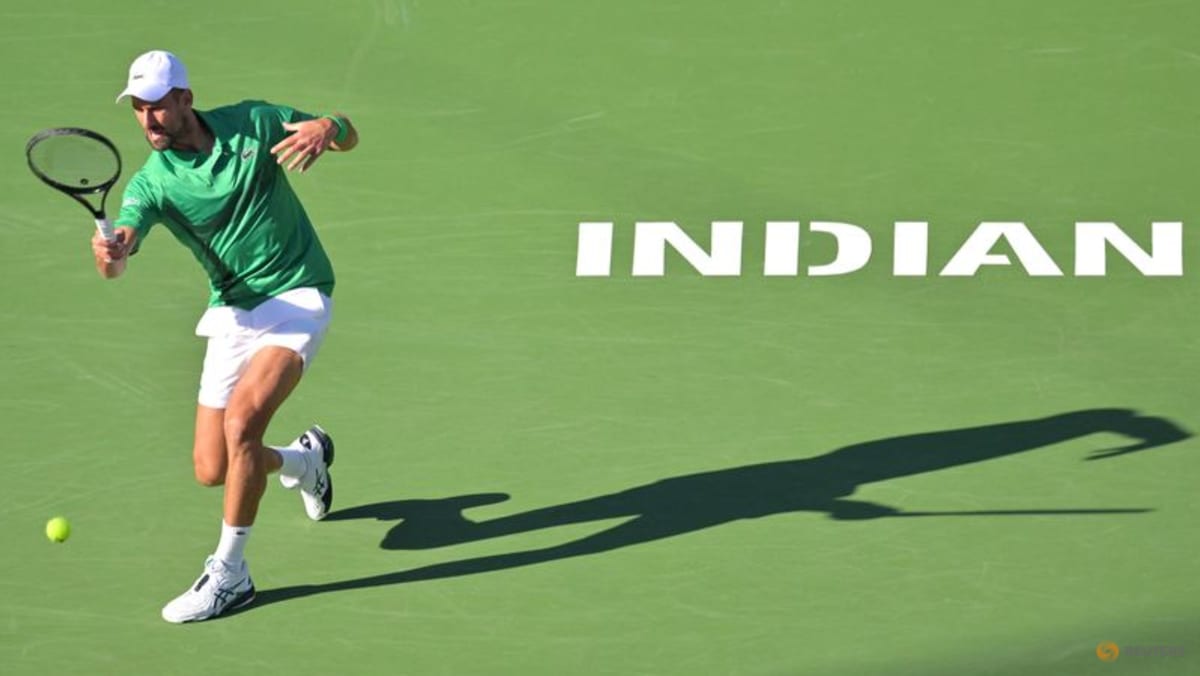PTPA, governing bodies may prefer talks over trial, says former ATP Board member

Tennis Power Struggle: Players Association Launches Legal Action Against Governing Bodies
A Call for Negotiation, Not Trial
The Professional Tennis Players' Association (PTPA), founded by Novak Djokovic and Vasek Pospisil, has initiated a class-action lawsuit against tennis's governing bodies. This bold move follows years of attempting to secure a more prominent voice for players in the sport's governance.
Rather than aiming for a courtroom showdown, the lawsuit appears to be a strategic maneuver designed to compel serious negotiations, according to former ATP Board member Alex Inglot. "It's now got to a head where the players and the PTPA have decided they just haven’t been given sufficient respect," Inglot explained. "I'm not convinced anyone wants this to go to trial."
Years of Frustration Lead to Legal Action
The 163-page lawsuit accuses the ATP, WTA, ITF, and ITIA of anti-competitive practices and a disregard for player welfare. Inglot believes this legal action is a direct result of the PTPA's ongoing frustrations with the existing power structure. He notes that the PTPA has consistently "tried to go by the book, play the game, be polite…and build their relationship with players."
Addressing Player Concerns: Schedule, Rankings, and Governance
Filed in New York, London, and Brussels, the lawsuit highlights several key player concerns, including the grueling tennis schedule and the current ranking systems. The PTPA argues that these issues, amongst others, desperately need to be addressed to improve the sport and protect player well-being.
Lack of a Clear Vision for the Future?
While acknowledging the legitimacy of the PTPA's grievances, Inglot points to a potential weakness in their strategy: the lack of a concrete proposal for future governance. "I haven't seen a very clear indicator of 'this is what the PTPA believes the perfect system should look like… this is how the governance should look like',” he observed. This absence of a clear alternative vision could be a challenge for the PTPA moving forward.
Potential for Resolution and Ongoing Disputes
Inglot suggests that the governing bodies are already working to resolve some of the issues raised, such as the inconsistencies in tennis balls used across tournaments and the late-night match finishes. However, he predicts ongoing disagreements. He anticipates a scenario where both sides claim credit for improvements or deny influence, leading to further standoffs. The PTPA may then face pressure from its members to maintain its aggressive stance and pursue the lawsuit further.